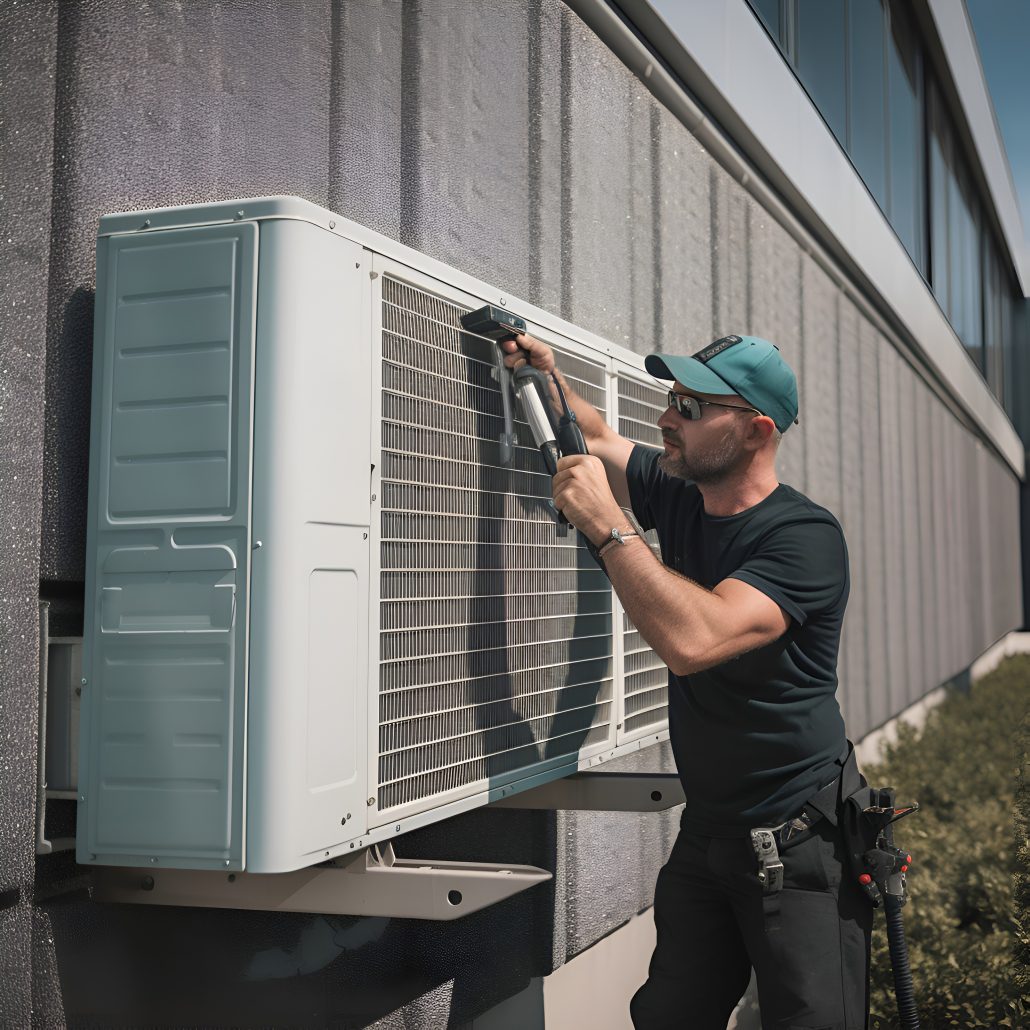Top Features to Look for in a Customer Service Solution for HVAC Business
In the competitive HVAC industry, delivering exceptional customer service is crucial for success. With the growing demand for efficient communication and rapid response times, HVAC businesses need a reliable customer service solution that meets their unique needs.
Whether it’s managing service requests, scheduling appointments, or tracking customer interactions, the right features in a customer service platform can significantly enhance your operations and boost customer satisfaction.
In this guide, we’ll explore the top features to look for in a customer service solution tailored specifically for HVAC businesses.
1. Integrated Scheduling and Dispatching
An essential feature of any customer service solution for HVAC businesses is integrated scheduling and dispatching. This allows for the seamless coordination of service calls, ensuring that technicians are dispatched promptly and that appointments are scheduled efficiently.
A system with real-time updates and GPS tracking can further optimize routes, reduce travel time, and increase the number of service calls completed each day. Additionally, the ability to quickly reassign technicians in case of emergencies or delays ensures that customers receive timely service, enhancing overall customer satisfaction.
2. Customer Relationship Management (CRM)
A robust CRM system is vital for managing customer interactions and maintaining strong relationships. This feature enables HVAC businesses to store customer data, track service history, and personalize communication.
With a good CRM, businesses can easily follow up on service calls, send reminders, and offer promotions tailored to individual customers, enhancing customer loyalty and satisfaction. Moreover, a well-organized CRM system can help identify trends in customer behavior, allowing businesses to proactively address potential issues and offer services that meet the evolving needs of their client base.
3. Phone Answering for HVAC Services
Providing reliable and professional phone answering services is critical for HVAC businesses, as missed calls can lead to lost business. A customer service solution that includes phone answering for HVAC services ensures that every call is answered promptly and handled professionally.
This feature can help HVAC businesses capture more leads, book appointments quickly, and provide immediate assistance to customers, which can significantly boost customer satisfaction and retention.
Additionally, a dedicated phone answering service can filter and prioritize calls, directing urgent issues to the appropriate personnel for faster resolution, thereby improving the efficiency of service delivery.
4. Automated Communication Tools
Automated communication tools, such as SMS and email notifications, are invaluable for keeping customers informed and engaged. These tools can be used to send appointment reminders, service updates, and follow-up messages, helping to ensure that customers are always in the loop.
Automation reduces the administrative burden on staff and improves the overall efficiency of customer communication. Furthermore, automated tools can be customized to align with the specific needs of the business, allowing for personalized messages that resonate with customers and enhance their experience.
5. Payment Processing Integration
Streamlined payment processing is a key feature for any customer service solution in the HVAC industry. This feature allows customers to pay for services easily and securely, whether online, over the phone, or in person.
Integrated payment solutions can also track payments, manage invoicing, and generate financial reports, making it easier for businesses to manage their finances and reduce the risk of errors.
Additionally, having multiple payment options can improve customer convenience and satisfaction, as clients can choose the method that best suits their preferences, leading to faster payment cycles and reduced overdue accounts.
6. Analytics and Reporting
Comprehensive analytics and reporting capabilities are essential for monitoring the performance of your HVAC business. A good customer service solution should provide detailed insights into service call metrics, customer satisfaction levels, and revenue trends.
These reports can help businesses identify areas for improvement, optimize operations, and make data-driven decisions to enhance their overall service delivery.
Additionally, advanced analytics can predict future trends, helping businesses anticipate customer needs, manage inventory effectively, and allocate resources more efficiently to maximize profitability.
7. Mobile Accessibility
In today’s fast-paced environment, mobile accessibility is a must-have feature for any HVAC customer service solution. Technicians and staff should be able to access the system from their smartphones or tablets, allowing them to update job statuses, access customer information, and communicate with the office while on the go.
Mobile access ensures that the team stays connected and responsive, no matter where they are. Furthermore, mobile accessibility can improve field service efficiency by enabling real-time data entry, reducing paperwork, and allowing technicians to provide quicker, more accurate service to customers, thus enhancing overall operational effectiveness.
Conclusion
Choosing the right customer service solution is a critical step in optimizing your HVAC business. By focusing on features like seamless scheduling, real-time communication, and robust customer tracking, you can improve efficiency, enhance customer satisfaction, and ultimately drive business growth.
As the HVAC industry continues to evolve, investing in a solution that meets your specific needs will ensure you stay ahead of the competition and maintain strong, lasting relationships with your clients.













Leave a Reply
Want to join the discussion?Feel free to contribute!